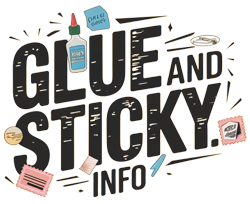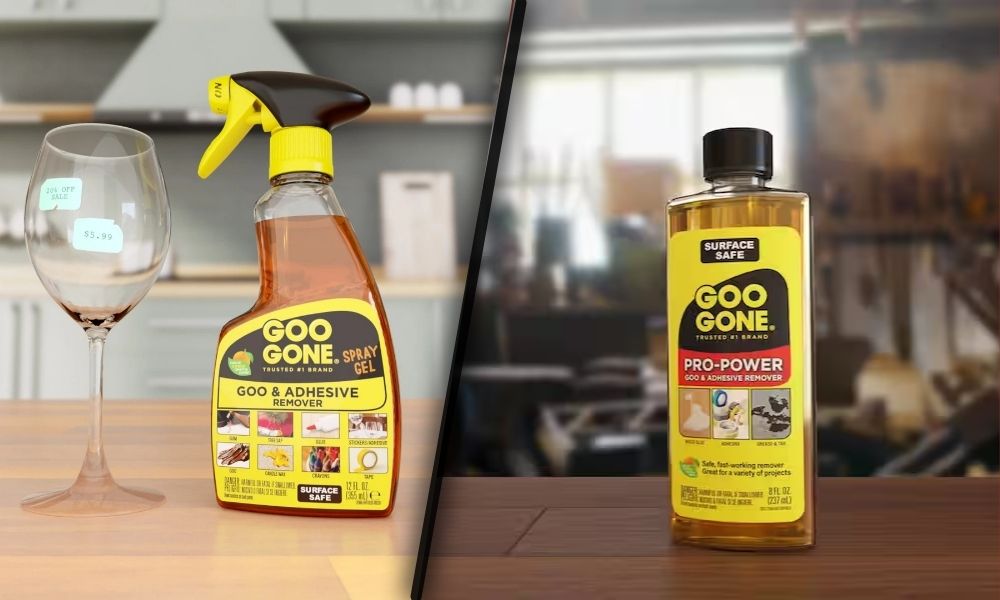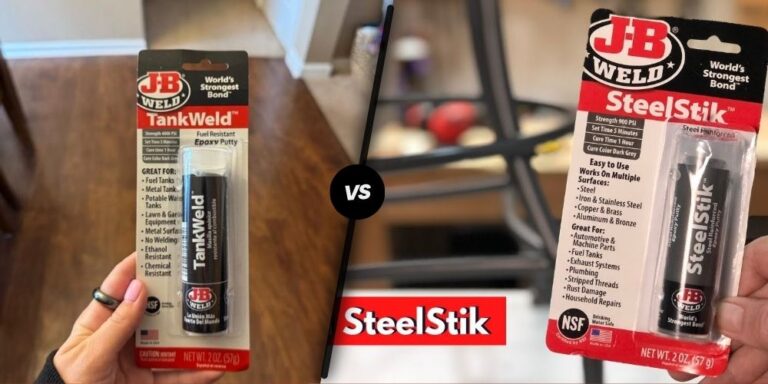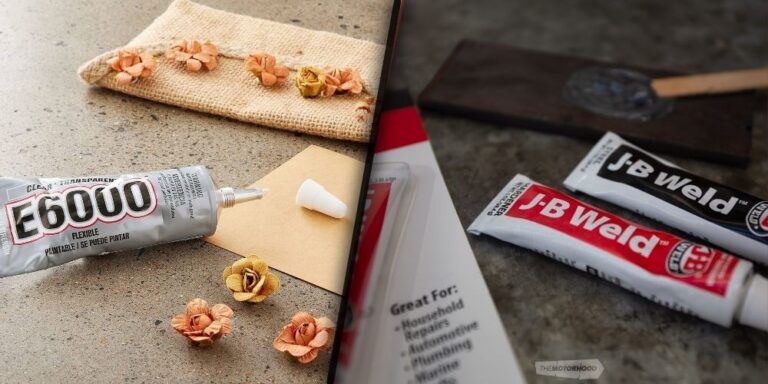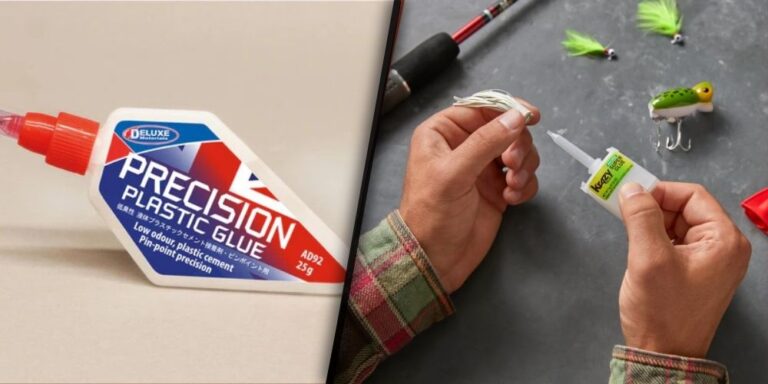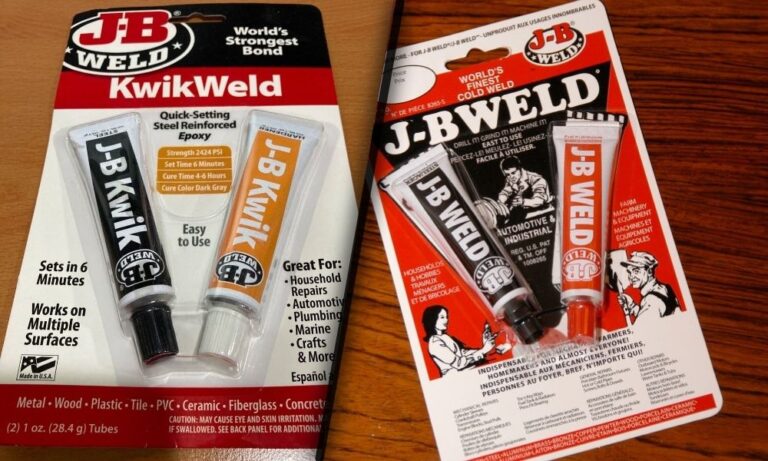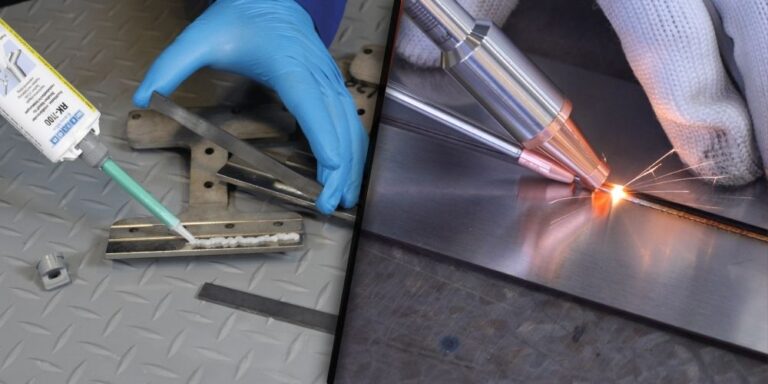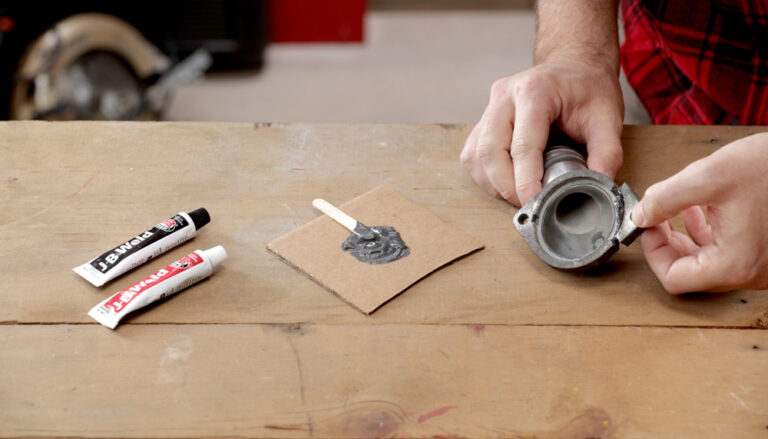Goo Gone Spray Gel vs Original: Guide
Understanding Goo Gone Spray Gel
Introduction to Goo Gone
Goo Gone Spray Gel is a popular surface-safe solution known for its efficiency in removing sticky residues such as adhesives, crayon, candle wax, gum, glue, tar, and tree sap. The product boasts a drip-free gel formula, making it easy to apply on both horizontal and vertical surfaces without causing mess. As the number one safe surface remover in the United States, Goo Gone Spray Gel finds its place in households, automotive care kits, and workshops across the country (Goo Gone).
How Goo Gone Works
Goo Gone Spray Gel functions through a unique combination of citrus oils and refined chemicals. When applied to a sticky substance:
- The gel adheres to the residue.
- The citrus oils penetrate the substance, breaking down its adhesive properties.
- The residue can then be wiped away cleanly without damaging the underlying surface.
Goo Gone Spray Gel is effective on a variety of surfaces, including carpets, clothing, finished wood, sealed stone, painted surfaces, glass, fabric, metals, plastics, ceramic, and porcelain. However, it is advised to avoid using it on sensitive materials such as silk, leather, suede, rubber, faux stainless steel, unpainted drywall, unfinished wood, and unsealed stone to prevent any potential damage.
By understanding how Goo Gone Spray Gel works, users can efficiently tackle sticky messes while safeguarding their surfaces. For proper application techniques and further details, visit our guide on how to use goo gone.
| Goo Gone Spray Gel Features | Details |
|---|---|
| Safe Surfaces | Carpets, Clothing, Finished Wood, Sealed Stone, Painted Surfaces, Glass, Fabric, Metals, Plastics, Ceramic, Porcelain |
| Avoid Surfaces | Silk, Leather, Suede, Rubber, Faux Stainless Steel, Unpainted Drywall, Unfinished Wood, Unsealed Stone |
| Key Ingredients | Citrus Oils, Refined Chemicals |
| Size | 12 fl. oz. |
| Applications | Adhesives, Crayon, Candle Wax, Gum, Glue, Tar, Tree Sap |
For additional insights on various Goo Gone products, including their specific uses and safety precautions, refer to our detailed sections about Goo Gone Automotive Spray Gel, Goo Gone Goo & Adhesive Remover Spray Gel, and Goo Gone Pro-Power Spray Gel.
Versatility of Goo Gone Spray Gel
Goo Gone Spray Gel is a popular adhesive remover known for its versatility across different surfaces. Understanding which substrates it works best on and which ones it should avoid can help users achieve optimal results.
Surfaces Goo Gone is Safe for
Goo Gone Spray Gel is formulated to safely remove sticky residues from a variety of surfaces without causing damage. It is effective on:
| Surface Type | Examples |
|---|---|
| Hard Surfaces | Glass, metal, plastic, ceramic, porcelain |
| Finished Wood | Varnished or sealed furniture, floors |
| Painted Surfaces | Walls, painted furniture |
| Fabrics | Clothing, upholstery (Goo Gone) |
| Sealed Stone | Countertops, tiles |
| Automotive | Bumper stickers, bird droppings, tree sap (Goo Gone) |
The Spray Gel formula is especially useful in clinging to stains and vertical surfaces, making it versatile for different adhesive removal tasks.
Surfaces Goo Gone Should Avoid
While Goo Gone Spray Gel is effective on many surfaces, caution should be exercised on certain materials to prevent potential damage. Surfaces it should avoid include:
| Surface Type | Examples |
|---|---|
| Silk | Delicate fabrics (Goo Gone) |
| Leather | Furniture, car interiors (Goo Gone) |
| Rubber | Certain rubber items (Goo Gone) |
| Suede | Shoes, jackets |
Pre-testing on an inconspicuous area is always recommended to ensure the product will not cause damage. For more information about the effective use of adhesive removers, see our article on how to use Goo Gone.
By understanding the surfaces suitable for Goo Gone Spray Gel and those it should avoid, users can maximize its effectiveness and protect their belongings. For further insights and consumer feedback, refer to our section on Goo Gone: Consumer Insights.
Different Variants of Goo Gone
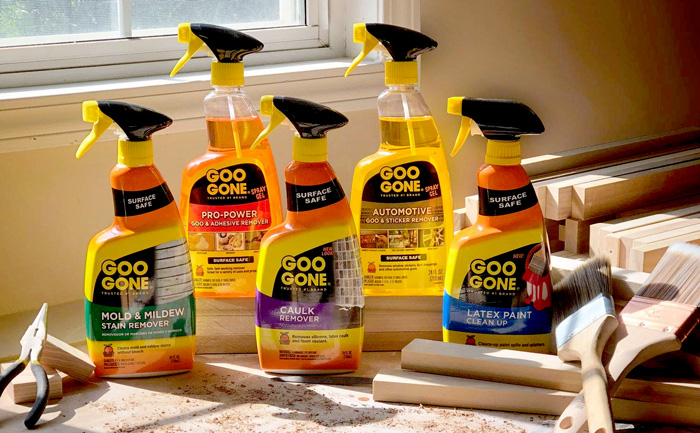
There are several variants of Goo Gone designed to tackle different types of sticky messes and adhesives. Here, we will explore the distinct features of Goo Gone Automotive Spray Gel, Goo Gone Goo & Adhesive Remover Spray Gel, and Goo Gone Pro-Power Spray Gel.
Goo Gone Automotive Spray Gel
Goo Gone Automotive Spray Gel is specifically formulated for vehicle use. This non-drip gel is ideal for removing bumper stickers, city stickers from windshields, bird droppings, tree sap, brake dust, and asphalt from cars (Goo Gone). It’s safe for both interior and exterior surfaces such as glass, metals, and plastics. However, it is not recommended for upholstery or leather.
| Application | Safe on Surfaces | Ideal for |
|---|---|---|
| Exterior and Interior Car Surfaces | Glass, Metals, Plastics | Removing Stickers, Sap, Brake Dust, and Asphalt |
For more information on how to use this product effectively, visit our guide on how to use Goo Gone.
Goo Gone Goo & Adhesive Remover Spray Gel
Goo Gone Goo & Adhesive Remover Spray Gel is excellent for tackling stickers and adhesive residues on walls or vertical surfaces since it clings to messes without sliding, thus protecting the underlying surface (Goo Gone). It can be left on the sticky area for 5-10 minutes before wiping off for more stubborn residues.
| Application | Safe on Surfaces | Ideal for |
|---|---|---|
| Walls and Vertical Surfaces | Finished Wood, Sealed Stone, Painted Surfaces, Glass, Metal, Plastic, Ceramic | Removing Stickers and Adhesive Residues |
For detailed instructions on this product, see our page on adhesive drywall tape.
Goo Gone Pro-Power Spray Gel
Goo Gone Pro-Power Spray Gel is designed for heavy-duty jobs. It provides extra strength for removing particularly tough adhesives and stains. This variant is suitable for a wide array of challenging surfaces including thin and thick glue, crayon marks, markers, and even kitchen grease.
| Application | Safe on Surfaces | Ideal for |
|---|---|---|
| Heavy-Duty Cleaning | Metal, Glass, Plastic, Porcelain, Stone, Sealed Wood | Removing Heavy Adhesives, Crayon, Markers, and Grease |
For details on how Pro-Power Spray Gel stands up to other adhesives, you can explore our comparison with goo gone vs. wd-40.
Choosing the right variant of Goo Gone can make a significant difference in how efficiently and safely you remove adhesives. Whether you need to manage automotive residues, tackle household messes, or power through industrial strength jobs, Goo Gone offers a solution to match your requirements.
Safety and Precautions
Handling and Storage Instructions
When using Goo Gone Spray Gel, it is crucial to adhere to proper handling and storage guidelines to ensure safety and effectiveness.
Handling
- Always use Goo Gone in a well-ventilated area to avoid inhalation of fumes.
- Wear protective gloves to prevent skin irritation during application.
- Perform a spot test on an inconspicuous area to ensure compatibility with the surface being treated.
- Avoid using Goo Gone on silk, leather, suede, or rubber surfaces (Goo Gone).
Storage
- Store Goo Gone in its original container, tightly sealed, in a cool, dry place.
- Keep it out of reach of children and pets.
- Avoid storing the product in extreme temperatures or direct sunlight.
Potential Hazards and Risks
Using Goo Gone Spray Gel carries certain hazards and risks that users should be aware of.
Toxicity
- Goo Gone Spray Gel, Citrus Power is harmful or fatal if swallowed and is an eye irritant (EWG).
- If ingested, seek medical attention immediately.
Skin and Eye Contact
- Direct contact with skin may cause irritation. If skin contact occurs, wash the area thoroughly with soap and water.
- Eye contact with the product can cause significant irritation. In the event of eye contact, rinse immediately with plenty of water and seek medical advice.
Inhalation
- Inhaling fumes can lead to respiratory irritation. If the product is accidentally inhaled, move to fresh air and seek medical help if necessary.
| Hazard | Description |
|---|---|
| Toxicity | Harmful if swallowed |
| Eye Contact | Causes eye irritation |
| Skin Contact | May cause skin irritation |
| Inhalation | May cause respiratory issues |
When used following proper safety measures, Goo Gone Spray Gel is an effective solution for removing goo and adhesive messes from various surfaces. For more information on safe use and alternative adhesive products, check out our article on how to use Goo Gone.
Additionally, if you’re looking to compare similar products, consider exploring our guides on goo gone vs. wd-40 or command strips for adhesive removal solutions suitable for specific surfaces and situations.
Tips for Effective Use
Using Goo Gone Spray Gel effectively requires some preparation and knowledge. Here are expert tips to maximize its effectiveness.
Application Tips
- Pre-Test on Small Area: Before applying Goo Gone Spray Gel on larger surfaces, always conduct a patch test on a small, inconspicuous area to check for any adverse reactions.
- Saturate the Residue: Spray the Gel generously on the adhesive residue or sticky stain. The formula is designed to cling to surfaces, ensuring it stays in place to break down the adhesive (Goo Gone).
- Allow It to Sit: Let the Goo Gone Spray Gel sit for a few minutes to break down the adhesive. The duration may vary depending on the stubbornness of the residue.
- Wipe Away: Use a clean, dry cloth to wipe away the dissolved residue. For tougher stains, a gentle scraping tool can be helpful to lift the adhesive.
- Repeat if Necessary: In some cases, it may require multiple applications to completely remove the residue.
Cleaning After Goo Gone Application
After using Goo Gone Spray Gel, it’s crucial to clean the surface properly to remove any leftover product.
- Hot, Soapy Water: Especially for exterior surfaces like automobiles, boats, and bikes, wash the area with hot, soapy water to remove any Goo Gone residue (Goo Gone).
- Rinse Thoroughly: Ensure the surface is thoroughly rinsed to get rid of any soap.
- Dry Completely: Use a clean cloth to dry the surface to prevent water spots, especially on glass, metal, and painted surfaces.
- Check for Residue: Inspect the area to ensure all adhesive and Goo Gone product have been removed. If any residue remains, it might require a second round of application and cleaning.
- Apply Protective Coating: On surfaces like finished wood and painted surfaces, consider applying a protective coating or polish to restore the shine and add a layer of protection.
Here’s a quick reference table:
| Step | Action |
|---|---|
| Pre-Test | Test on a small, hidden area |
| Saturate Residue | Spray Gel on adhesive residue |
| Let it Sit | Allow it to work for a few minutes |
| Wipe Away | Clean with dry cloth or gentle scraper |
| Repeat | Reapply as needed |
| Clean with Soap | Use hot, soapy water post-application |
| Rinse Thoroughly | Rinse the area completely |
| Dry Completely | Dry with a clean cloth |
| Inspect Residue | Check for leftover adhesive and product |
| Apply Protective Coating | Use polish or sealant on sensitive surfaces |
For additional tips on effective use, check our comprehensive guide on how to use goo gone and related cleaning products such as command strips and methods to remove mirror adhesive. If you’re interested in alternative adhesive solutions, explore articles on 3m super strength and barge cement.
Goo Gone: Consumer Insights
Popular Applications
Goo Gone Spray Gel is a versatile and popular adhesive remover known for its effectiveness across a wide range of applications. Whether tackling everyday household messes or more challenging sticky situations, Goo Gone Spray Gel has become a go-to solution for many.
Common Uses:
- Removing Stickers and Labels: Ideal for parents dealing with children who enjoy placing stickers on various surfaces. Goo Gone effectively removes sticker residue from finished wood, sealed stone, painted surfaces, glass, fabric, metal, plastic, and ceramic or porcelain ([extra context]).
- Cleaning Carpets and Clothing: Perfect for lifting sticky substances from carpets and clothing. It is advised to launder treated garments separately in warm water ([extra context]).
- Eliminating Gum, Crayon, and Candle Wax: Goo Gone Spray Gel can safely remove gum, crayon marks, and candle wax from solid surfaces, carpets, and clothing.
- Tackling Tough Residues: Particularly useful for removing glue, tar, tree sap, and other stubborn adhesives.
Consumer Feedback and Recommendations
Goo Gone Spray Gel has garnered positive reviews for its effectiveness and versatility. Here are some insights and recommendations from users:
Pros:
- Ease of Use: Consumers appreciate the gel formula, which is drip-free and easy to apply. The spray bottle allows for precise targeting of sticky areas.
- Versatility: Users find it effective on a wide range of surfaces, including glass, metal, plastic, and painted surfaces.
- Effectiveness: Many testimonials highlight the product’s ability to quickly and thoroughly remove adhesive residues.
Cons:
- Surface Compatibility: While Goo Gone is safe for many surfaces, users must exercise caution when applying it to silk, leather, suede, rubber, faux stainless steel, unpainted drywall, unfinished wood, or unsealed stone ([extra context]).
| Benefits | Consumer Rating (out of 5) | Comments |
|---|---|---|
| Effectiveness | 4.8 | Highly effective adhesive remover |
| Ease of Application | 4.7 | Drip-free gel formula, easy to use |
| Versatility | 4.6 | Safe for various surfaces |
| Surface Safety | 4.2 | Requires caution on certain materials |
To maximize the effectiveness and safe use of Goo Gone Spray Gel, users are encouraged to refer to application tips and follow recommended safety and precautions to ensure the best results. For more in-depth details on various adhesive solutions, check out our articles on goo gone vs. wd-40 and how to get adhesive.
The extensive positive feedback and successful application stories solidify Goo Gone Spray Gel as a reliable choice for anyone needing an effective adhesive remover.
